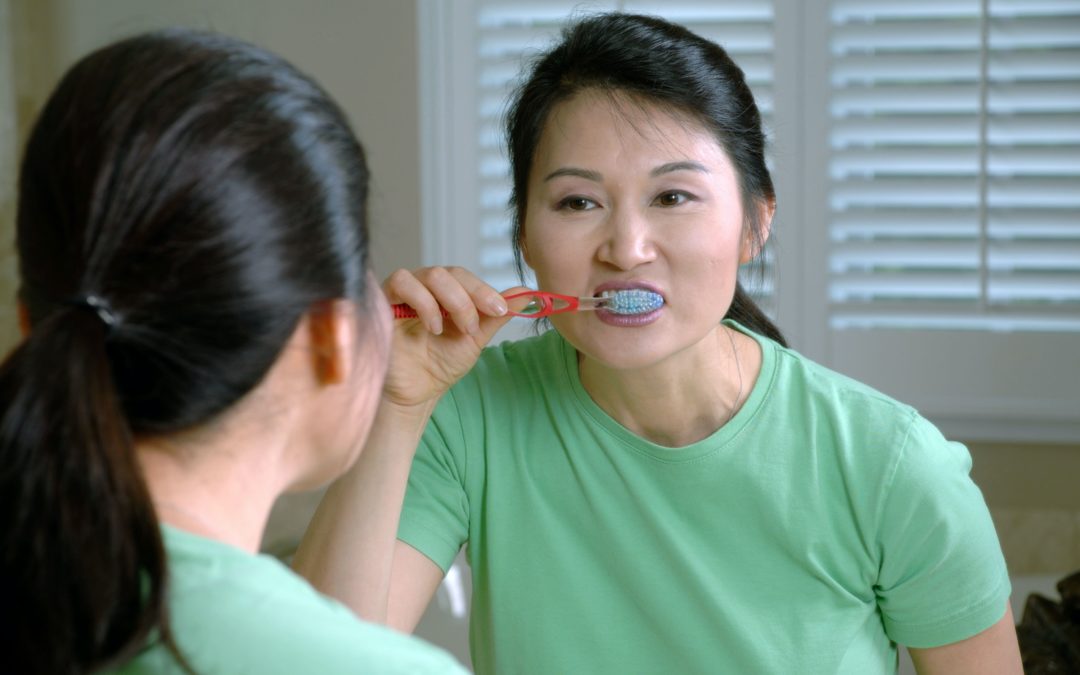If you develop a toothache, there are a number of emergency dentistry treatments to reduce your discomfort and restore the functionality of your tooth. However, the best way to treat a toothache is to prevent it in the first place! Fortunately, regular preventive care, both at home and in the dentist’s office, can greatly reduce your risk for decay and dental damage.
At Gallery Dental of Oakbrook, Dr. Peter Noto and his friendly team offer a full spectrum of preventive services. Of course, if a toothache does arise, they are also ready to provide the compassionate and timely care that you need. Contact us today to schedule your preventive services or to request emergency treatment for your existing toothache.
1. Visit the dentist regularly.
Untreated dental decay is the number one cause of toothaches. That is why visiting the dentist routinely is one of the top ways to prevent dental pain. At each visit, your hygienist or dentist will remove plaque and tartar. These substances keep bacteria and acids trapped against your dental enamel, eventually leading to cavities.
Biannual visits are also important because they include an exam. By regularly inspecting your teeth and taking digital x-rays, your dentist can often diagnose cavities in the very early stages, long before they cause any discomfort. He can also provide conservative treatment that will preserve more of your tooth.
2. Brush and floss daily.
Along with visits to the dentist, caring for your teeth at home is the best way to keep toothaches at bay. Most people know that they should brush their teeth, but many do not know the proper technique.
For instance, did you know that the American Dental Association recommends that you use a soft-bristled toothbrush and replace it every three to four months? Or that you should hold the brush at a 45-degree angle to your teeth? Your dentist or hygienist can provide additional tips when you visit the office for your cleaning.
3. Watch your diet.
Diet plays a big role in the development of cavities and toothaches. Of course, sugar is a leading cause of cavities since it is a great source of food for bacteria. However, other refined starches also contribute to the development of dental decay. To reduce the risk of a toothache, enjoy sweets in moderation and choose more complex carbohydrates.
You should also limit your intake of acidic foods and drinks. These can contribute to enamel erosion, giving bacteria access to the softer, more vulnerable dental tissue. Citrus, tomatoes, coffee, and wine are all fairly acidic. However, soda (including diet sodas) are one of the worst culprits when it comes to decay and toothaches.
4. Receive sealants and fluoride treatments.
Dental sealants and fluoride treatments help to fortify your teeth and provide extra protection against cavities. Sealants form an additional barrier over your dental enamel, keeping bacteria at bay. To place sealants, your dentist will simply apply a liquid coating over your molars, which will harden in a matter of minutes. Sealants are most common for pediatric patients, but many adults can benefit from this treatment, as well.
Fluoride is important because it helps to fortify dental enamel. When your practitioner applies a fluoride rinse, your teeth will naturally absorb the mineral. This will provide additional fortification for years to come. Like sealants, fluoride treatments are especially recommended for children, but they can also be appropriate for adults.
5. Consider a mouthguard.
Although cavities are the most common reason for a toothache, broken, cracked, and loose teeth can also cause significant discomfort. If you or your child plays contact sports, a mouth guard can greatly reduce the risk of dental damage. In fact, athletes who wear mouth guards are between 82 and 93% less likely to suffer from dental and facial injuries.
Contact Us to Prevent a Toothache and Other Dental Damage
To learn more about toothache prevention or to schedule your exam and cleaning, contact Gallery Dental of Oakbrook today. Fill out the online form or give us a call at (630) 620-8300. We proudly serve patients in Oakbrook Terrace, IL, and the surrounding areas.
